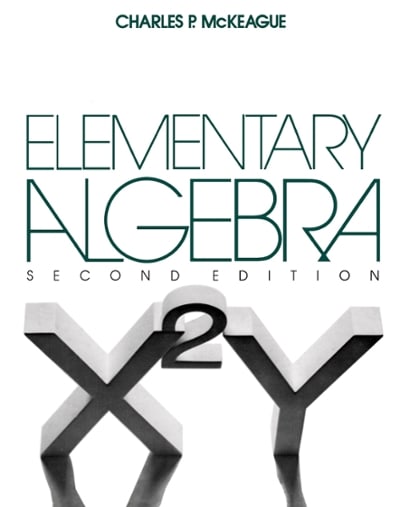Question
Of interest to many cosmetics companies are age-based differences in shopping preferences. A random sample of 15 people (Age1), aged 15 to 35, yielded a
Of interest to many cosmetics companies are age-based differences in shopping preferences. A random sample of 15 people (Age1), aged 15 to 35, yielded a mean monthly expenditure of $352 with a standard deviation of $90, while an independent random sample of 10 people (Age2), aged 36 to 64, produced a mean monthly expenditure of $310, with a standard deviation of $80. Assume that the monthly online expenditures of both Age1 and Age2 follow a normal distribution.
(a) (2 pts) Compute the ratio of the largest sample variance to the smallest sample variance. Is there equality in the population variances, yes or no? Explain.
(b) (6 pts) Clearly define your age group populations as Population 1 and Population 2, then construct the 95% confidence interval for the difference in the mean monthly cosmetics expenditures of Age1 and Age2. Interpret your result.
For parts (c) through (e), explain how you would calculate the interval differently from part (b) given the difference in values provided. Then construct the 95% confidence interval.
(c) (6 pts) The sample standard deviations are 120 and 60 instead of 90 and 80.
(d) (3 pts) The standard deviations of 90 and 80 are the true population standard deviations, not sample standard deviations.
(e) (3 pts) The sample sizes are each 500 instead of 15 and 10.
(f ) (2 pts) For each part (b) through (e), explain whether it is necessary to assume that the mean monthly
cosmetics expenditures of youth and adults are normally distributed.
Step by Step Solution
There are 3 Steps involved in it
Step: 1

Get Instant Access to Expert-Tailored Solutions
See step-by-step solutions with expert insights and AI powered tools for academic success
Step: 2

Step: 3

Ace Your Homework with AI
Get the answers you need in no time with our AI-driven, step-by-step assistance
Get Started


